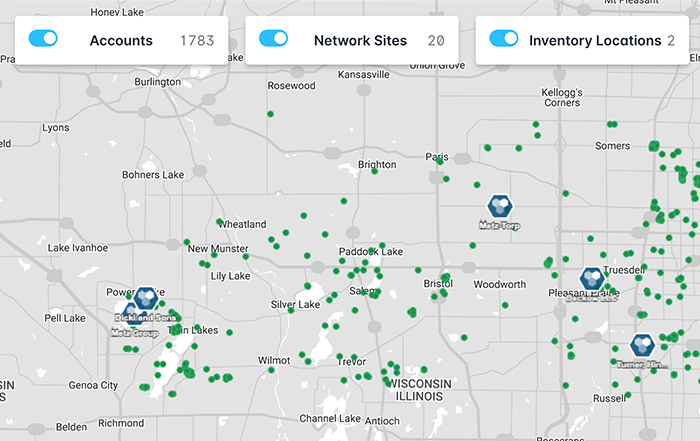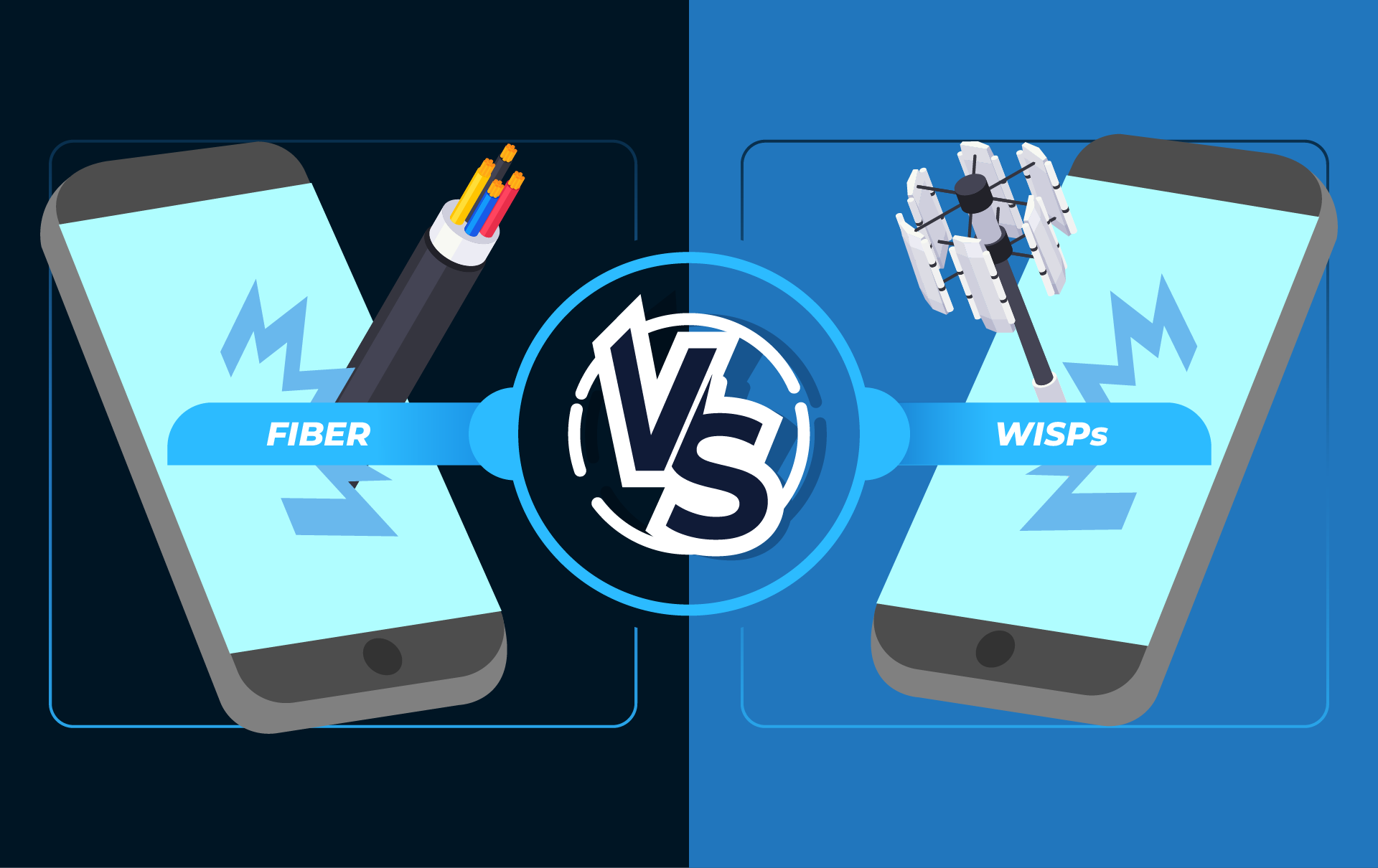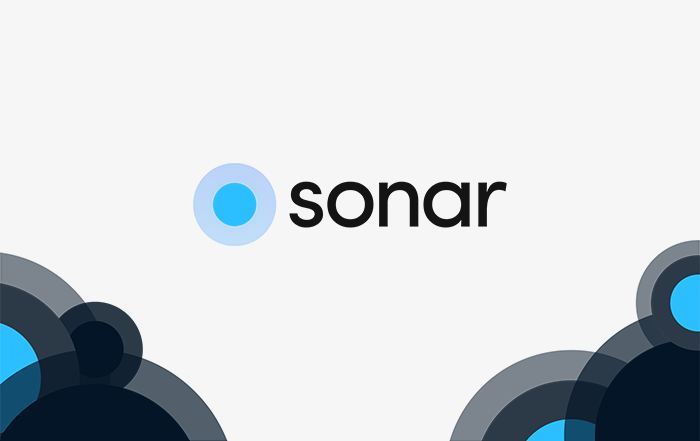Broadband Pricing Trends: How Does Your Service Compare?
Broadband pricing isn’t just about numbers; it’s about value, trust, and staying ahead in a crowded market. Picture this: your customers scrolling...

Starting in 1999, the FCC has required most service providers to provide census block data about their subscribers twice a year in the form of the Form 477 report. This report is designed to help the FCC identify underserved areas of opportunity, driving adoption campaigns such as the Rural Digital Opportunity Fund (RDOF), designed to promote ISP growth for those areas.
This report is also used to drive serviceable-area search engines, and because of all the data the 477 report contains, failing to file it is costly, with a minimum penalty of $3000, and a maximum fine many times higher than that. Due to the mandatory nature of the form, and the potential complexities during its filing, Sonar will generate Form 477 from your user data and provide you with the completed report, ready to be submitted. For more information on this process, we’ve created a knowledge base article.
Previously, generating a report to provide Form 477 data to the FCC required gathering broadband deployment data, such as served (not delivered) speeds, for any Census block in which homes or businesses are served by you. This data gathering method meant that serving a single home required providing the census block details, and the entire block would be considered serviced.
There have been several attempts to change this lack of precision, such as the DATA Act put into place by Congress in March 2020. This act introduced rules to support granular broadband service availability collection, with the goal of establishing a “Broadband Serviceable Location Fabrice”, which intends to be a dataset of all locations in the United States of America where fixed broadband Internet access service can be installed.
To support this, the FCC and Congress worked jointly to revise the existing broadband service data collection process, and on February 22nd, 2022, released a Public Notice announcing the filing dates for the newly created BDC program.
The Broadband Data Collection process is in addition to the FCC Form 477 filing requirements. In most cases, if you’re a service provider required to file the FCC Form 477, you’re also required to file Broadband Data Collection.
The filing for the BDC form opened June 30th, 2022, and the deadline for filing is September 1st, 2022. It’s expected that, going forward, the BDC form will be due at the same time as the Form 477 report, requiring both be generated and submitted within the same time frame. This means that data as of June 30th will be due no later than the following September 1st, and data as of December 31st will be due no later than the following March 1st.
Filing guidelines, posted by the FCC, are as follows:
|
A preliminary version of the Broadband Serviceable Location Fabric is available for fixed broadband service providers. This can be used to prepare your data and processes for this initial filing window.
An important note:
A table is available to visualize these requirements:

Lastly, the actual upload of the BDC form is handled through the BDC system via file upload or API upload. You will need an account to access the BDC system, which is created through the FCC. Fortunately, if you require assistance with filing the BDC form, or with accessing the BDC system, help is available through the BDC Help Center, which contains guides and example submissions to help you successfully file this new form.
While the burden placed on Internet Service Providers is higher than ever with the addition of the BDC report, making sure you have the right resources during your filing can make it easier. Whether you rely on consultations with experts, or the BDC help center, Sonar BI reporting can be used to simplify the extraction of customer data. For more information on how Sonar can help you with FCC Form 477 and the BDC report, contact the sales team today!

Broadband pricing isn’t just about numbers; it’s about value, trust, and staying ahead in a crowded market. Picture this: your customers scrolling...

4 min read
With the rapid advancement in technology comes a shorter depreciation period. Combining this with an ever-growing population means that...

3 min read
It’s an undeniable fact that your NOC (Network Operation Center) is the backbone of your ISP. Of course, competitive pricing and positive...